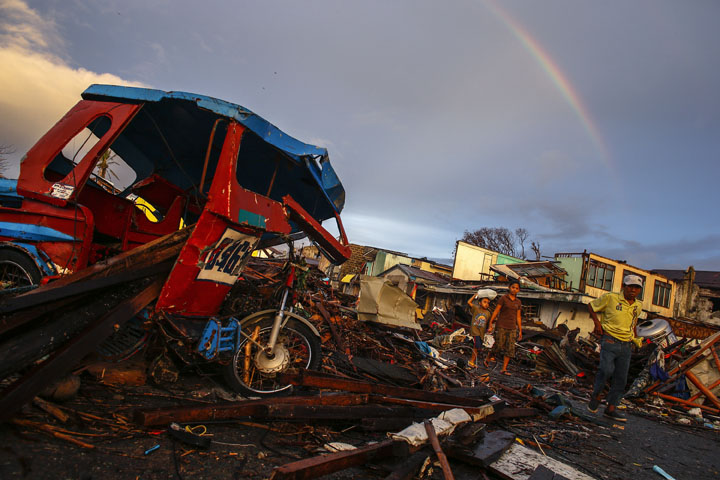Immigration lawyers have launched a
pro bono scheme aimed at helping survivors of the Philippines typhoon move to Canada.

The lawyers, from the Canadian Bar Association’s national immigration law section, will give free services to families wishing to sponsor relatives living in areas affected by last month’s Typhoon Haiyan.
They are offering initial legal consultations and assistance with preparing immigration applications for Canadians and permanent residents in Canada.
The CBA has also built an online
interactive map to help users find participating lawyers in each province, and a
checklist explaining how the program works.
The map is in the process of being updated, but section chair Mario Bellissimo says he expects the final number of lawyers taking part to be “in the dozens.”
The lawyers hope the initiative will be picked up via social media and that Filipino clients will help spread the word.
Bellissimo admits it isn’t always easy for people whose communities have been destroyed to provide the identification documents normally required by immigration officials.
But there are ways around this, he explains.
“There are exemptions. Sometimes there may be statutory declarations from family members, or some other record [to help identify the person].”
For example, baptism certificates or pay stubs may be accepted in some circumstances.
“As lawyers, we can be fairly innovative and instruct clients on things they wouldn’t necessarily think of on their own,” he says. “We try to get as creative as possible…though there has to be a balance so someone doesn’t sneak in who shouldn’t be here.”
Asked how many people the lawyers hoped to help, Bellissimo says: “I wouldn’t be surprised if it was in the hundreds.”
The tropical cyclone swept into the Philippines on Nov. 8, flattening homes and killing more than 6,000 people.
“We understand that sponsoring a relative can be a complicated process at the best of times,” said Catherine Sas, a lawyer involved in the program. “Given the challenges families in Canada are facing, we are prepared to review applications to make sure that documents are in order,” she added.
Citizenship and Immigration Canada announced last month it would prioritize the processing of applications already in progress on request from Filipinos who were “significantly and personally affected” by the disaster.
To help people take advantage of this, Miller Thomson LLP
at the time offered to provide
pro bono immigration legal services to Filipinos affected by the typhoon.

 The lawyers, from the Canadian Bar Association’s national immigration law section, will give free services to families wishing to sponsor relatives living in areas affected by last month’s Typhoon Haiyan.
The lawyers, from the Canadian Bar Association’s national immigration law section, will give free services to families wishing to sponsor relatives living in areas affected by last month’s Typhoon Haiyan.